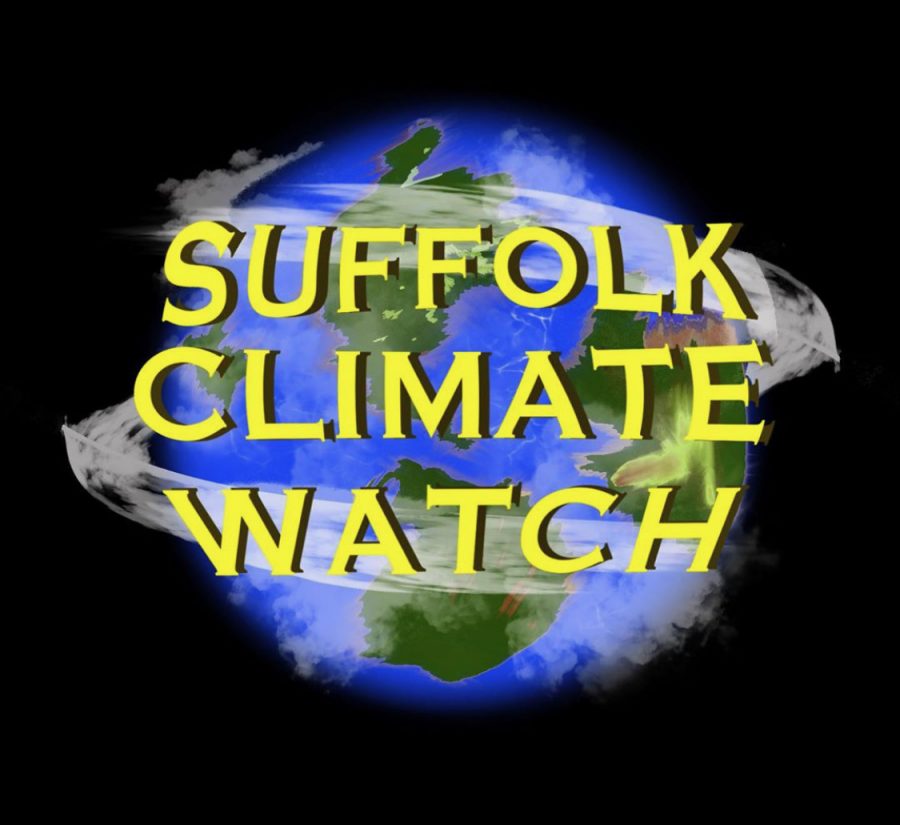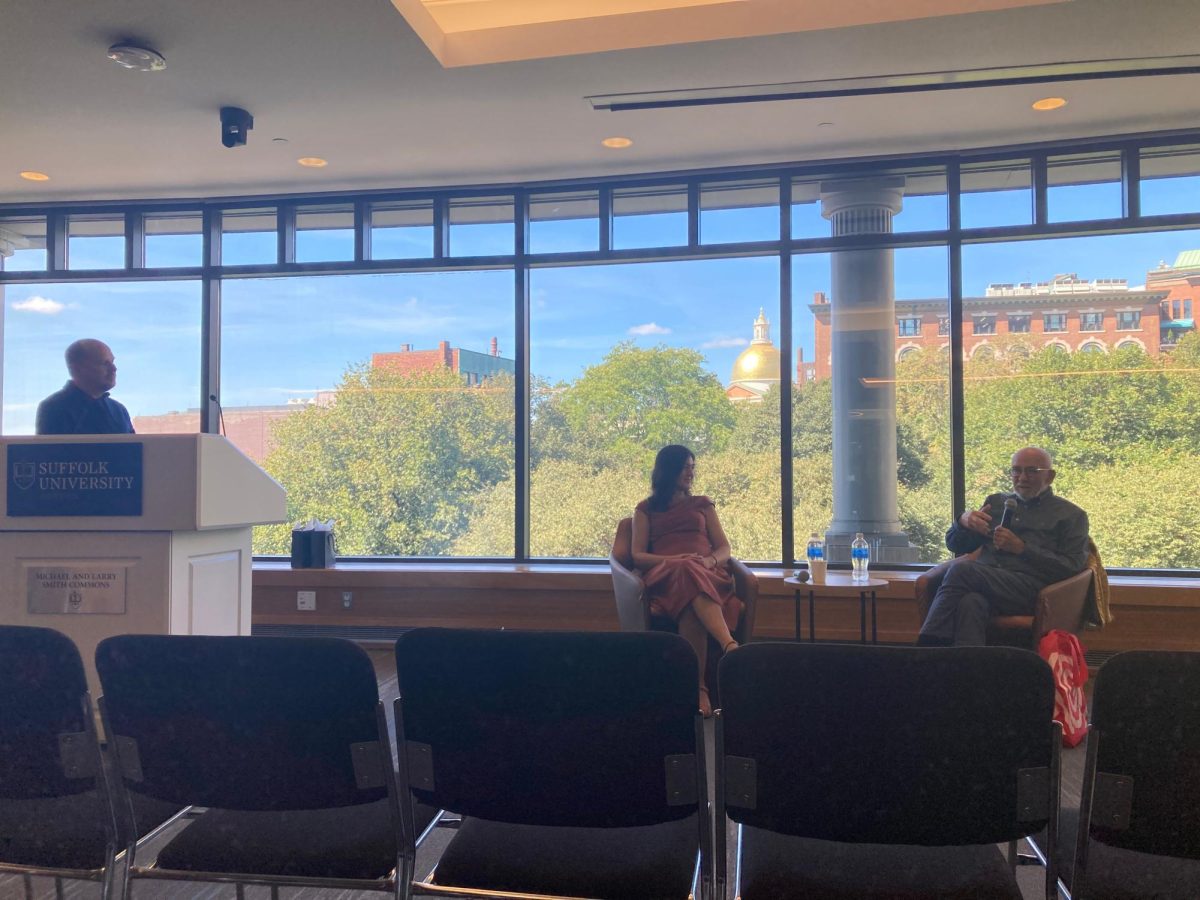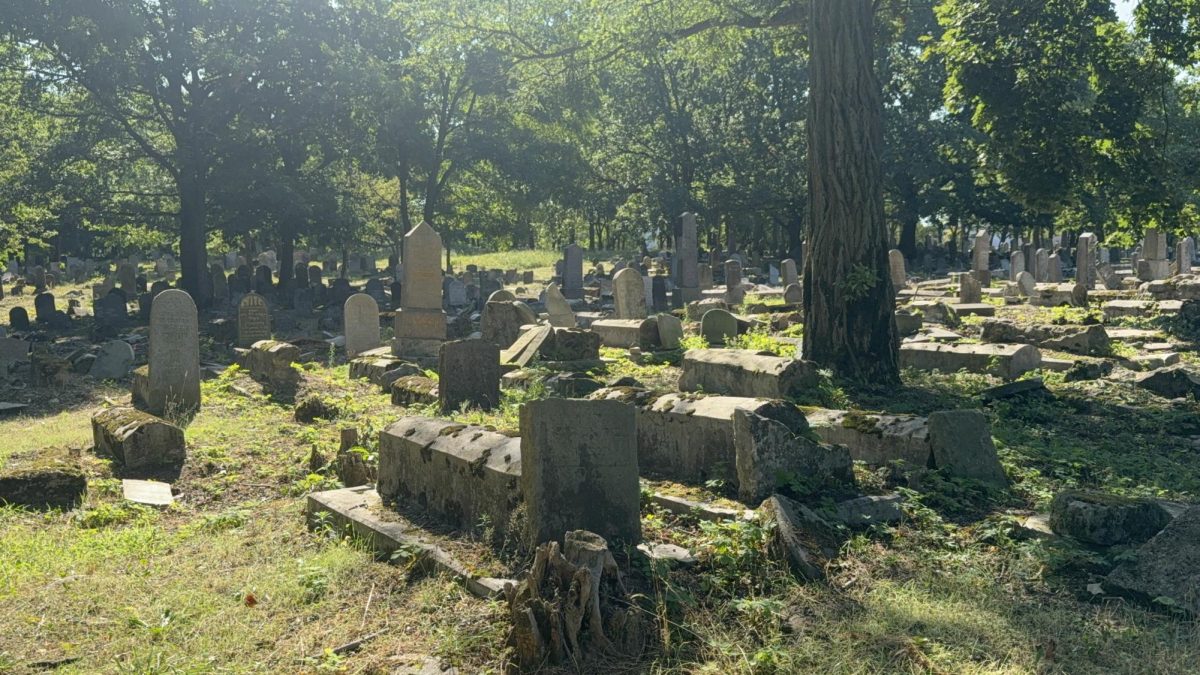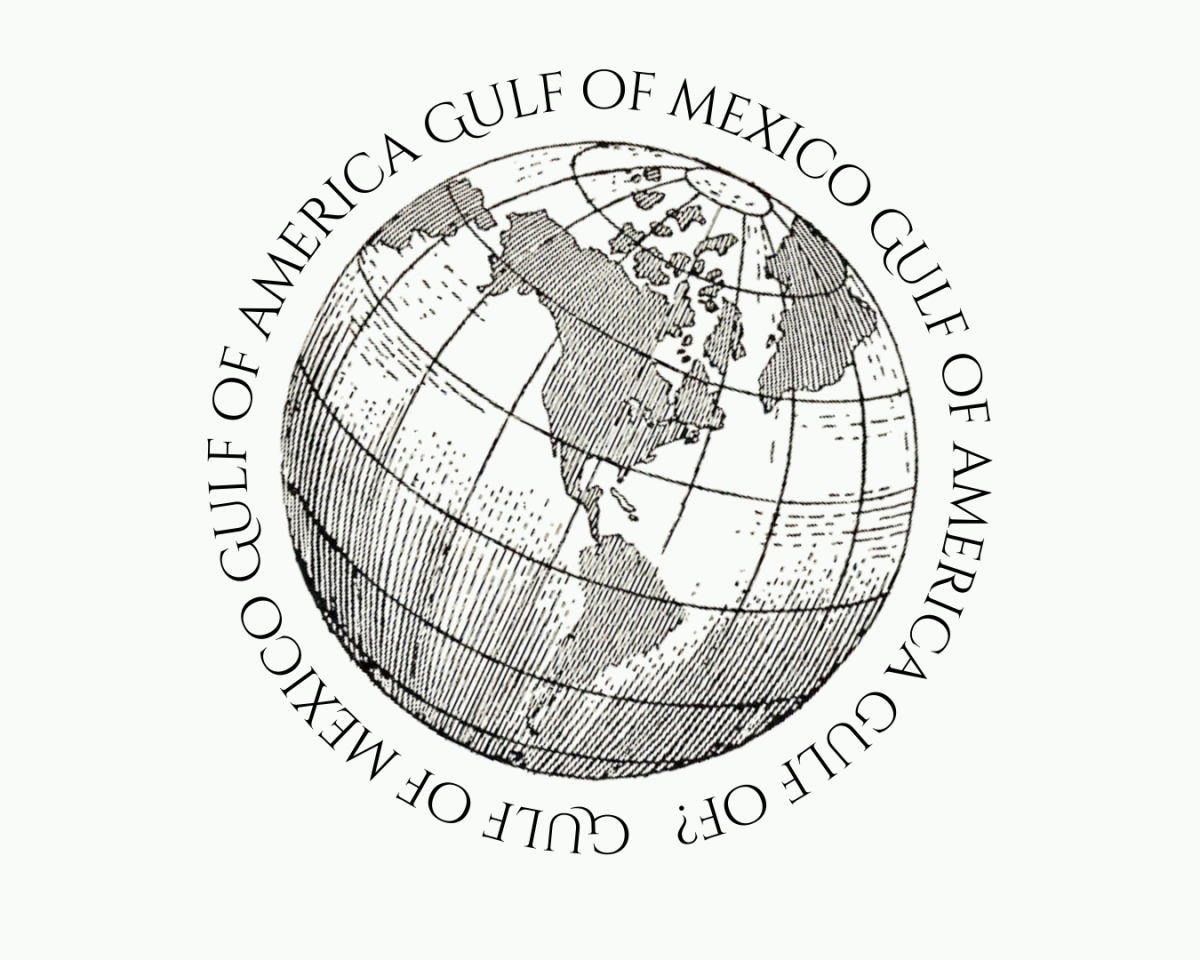Over one billion animals and 24 humans have died, dozens are missing, 1,400 homes have been lost and 15.6 million acres have burned in Australia.
Climate Signals, a website dedicated to climate change news, announced the rapidly increasing numbers that have been churning in Australia since October.
Bushfire season in Australia is common, especially in the southeast. According to Metro, the continent goes through fire season during the summer months because of the warm, dry weather and wind.
With temperatures reaching 104 degrees Fahrenheit and strong winds, the fires spread rapidly. However, based on the catastrophic fires this year, Climate Signals and scientists all over the world are pointing at climate change for causing these fires to be so deadly.
“Climate change is happening now, and we are seeing the effects of it,” said forest restoration expert of Western Sydney University, Sebastian Pfautsch.
Every day the fires grow, more people are becoming affected by the conditions. Scientists fear that Australia’s current landscape is devastated to an irreversible extent.
More than 200 fires have released clouds of ash reaching New Zealand, according to Metro.
Decline in rain has also been reported. The lack of hydration in the southeast provides ideal conditions for bushfires. The Australian Bureau of Meteorology reports that global warming increases bushfire risk by lengthening the fire season, decreasing precipitation and increasing temperatures.
If these conditions worsen and continue to arise, cause for difficulty breathing, mass evacuations and loss of life are just a few of the major consequences humans may experience as a result of global warming. According to Aljazeera, over 100,000 residents in the affected areas of Victoria, South Australia and New South Wales left their evacuation zones.
International Business Times (IBT) states the fires have burned land almost the size of Ireland. Despite the great losses, Australia has received national attention and support.
Organizations and charities have shown a broad range of support from organizations such as World Wildlife Fund (WWF), RSPCA, Salvation Army, Australian Red Cross, GoFundMe, Australia Zoo Wildlife Hospital, Kangaroo Island Wildlife Park and many more, according to USA Today.


















